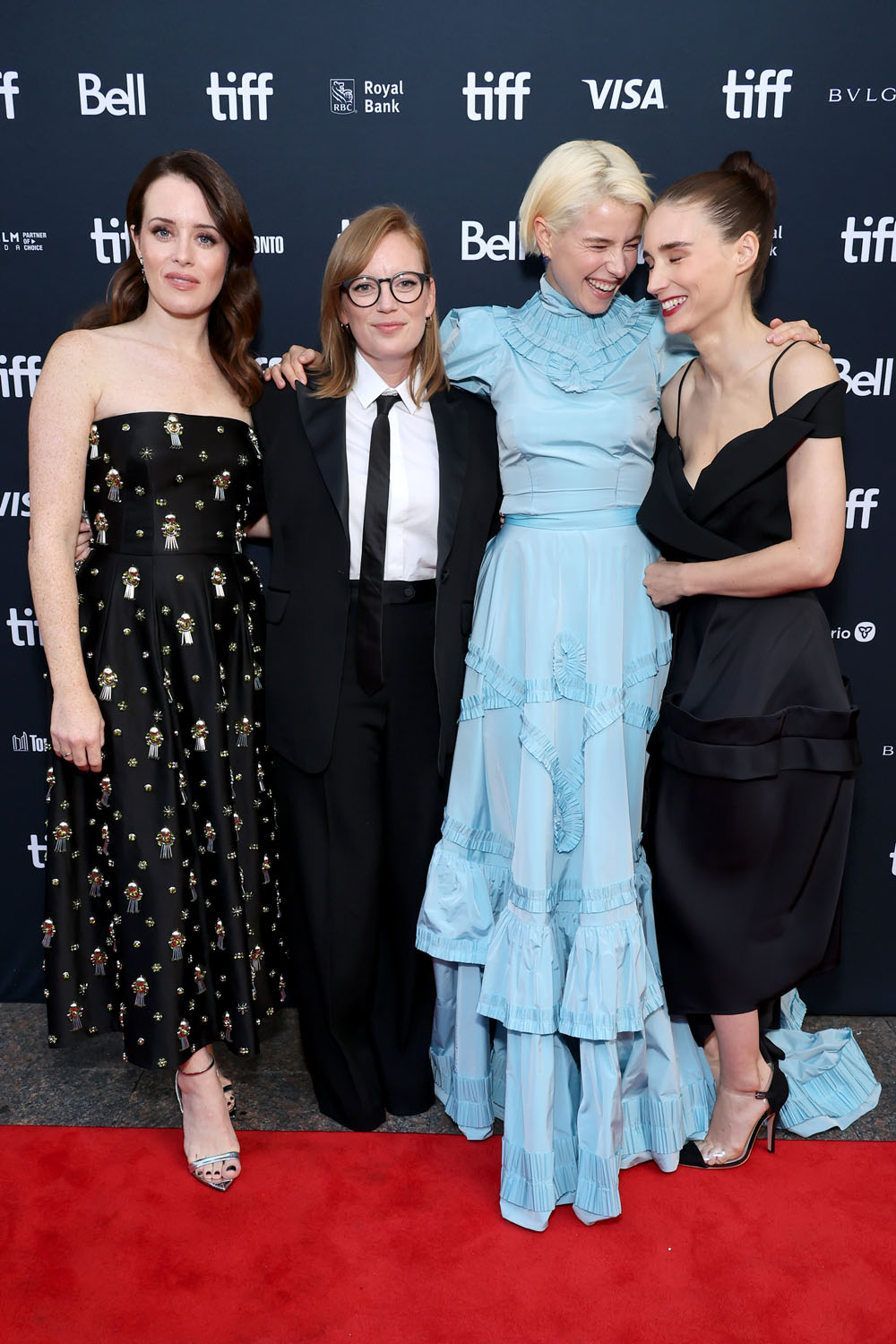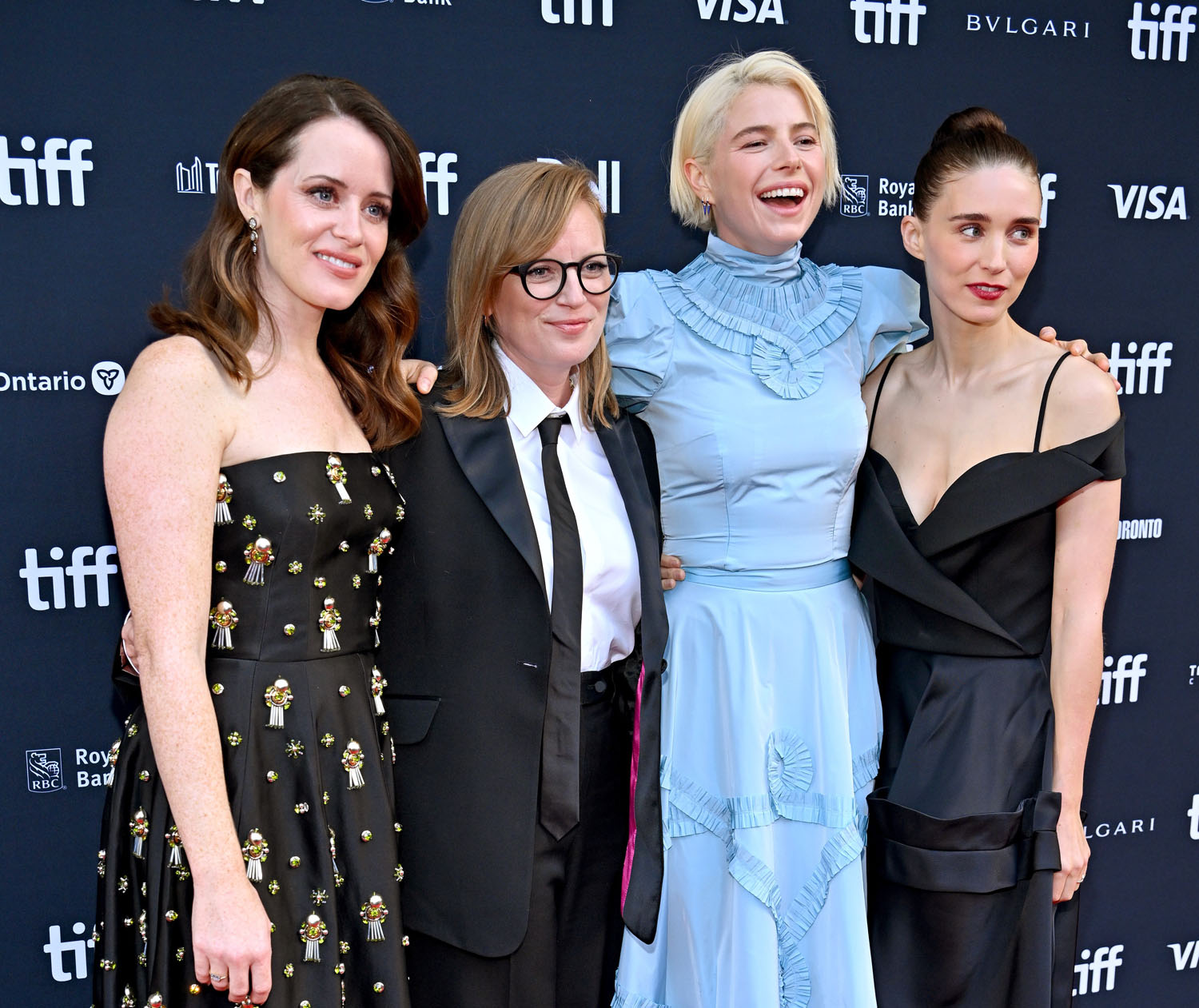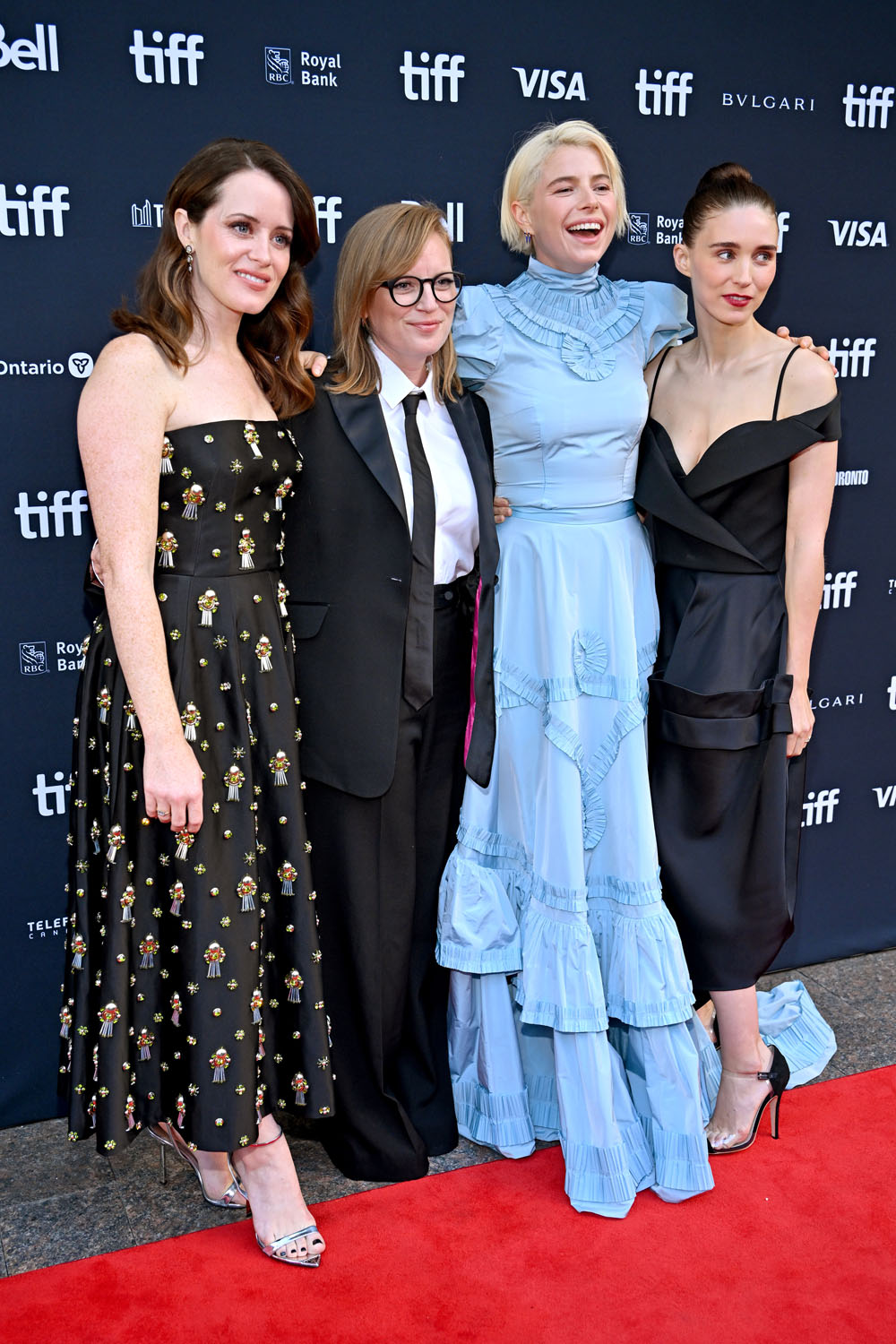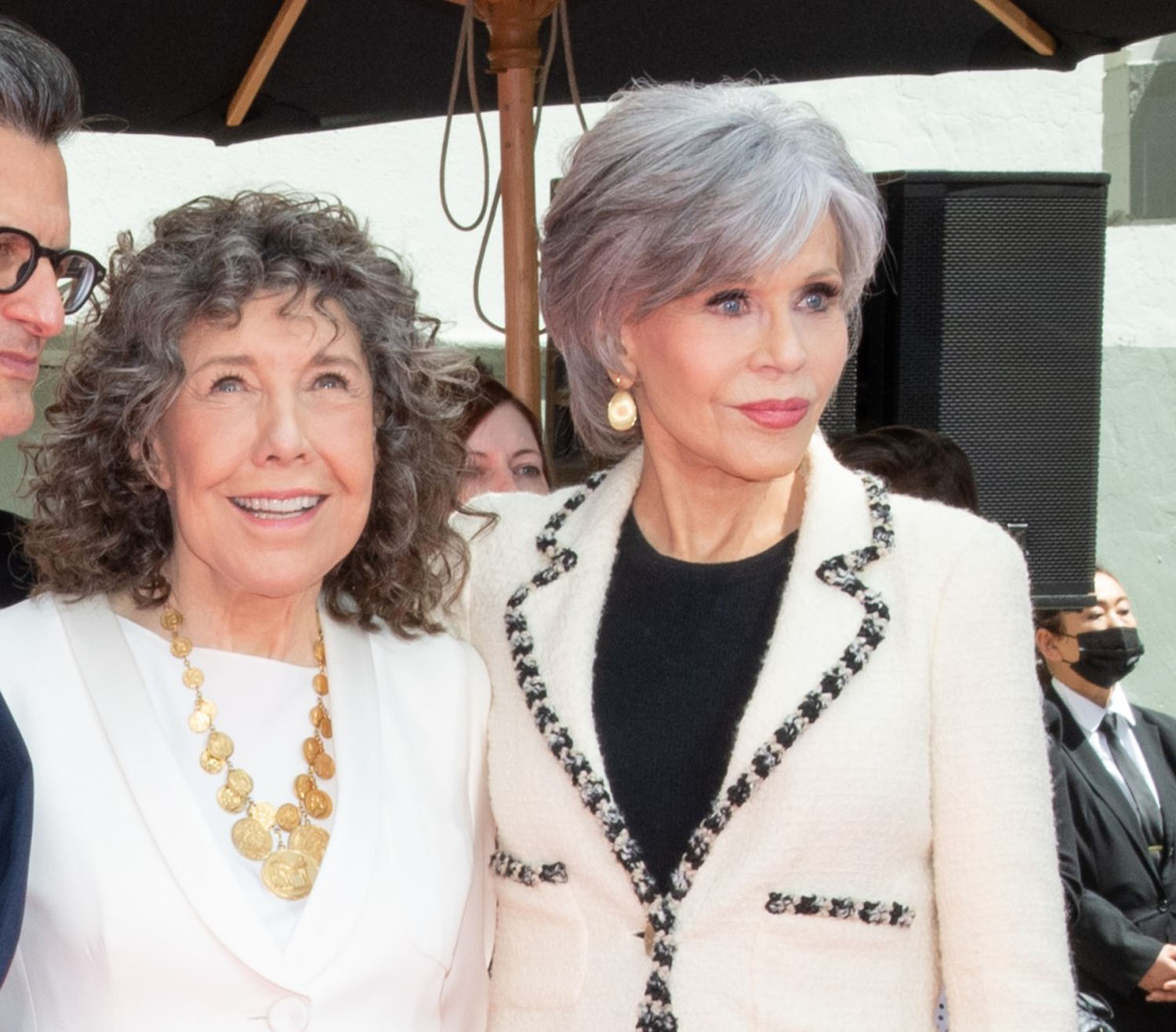TIFF Review: Women Talking



Content warning for sexual assault.
Sarah Polley writes and directs this adaption of Miriam Toews’ novel, Women Talking. It’s a gutting drama in which a group of women must decide between two drastic courses of action. As Mennonites, they are at the mercy of the men in their community, at least within this colony, and the men of their colony are not to be trusted. The women have experienced a period of sexual assault in which they wake up with evidence of abuse but no memory of the night before, only for the men to tell them that it is the work of Satan, or a ghost, or maybe they’re just crazy or making it all up for attention. At least until a couple of girls catch one of the men in the act, and that man then reveals the others who have been preying on the women. When those men are arrested, the remaining men of the colony go to bail them out, which leaves the women only a couple days in which to make their momentous decision: will they stay, or will they leave?
They are supposed to forgive the men, and continue on as if nothing happened, but it is quite obvious that is not possible. One option is to stay and fight, and when asked what fighting means, Salome (Claire Foy) snaps, “Kill them.” Not every woman in the colony is making this decision, a group of eight debates the options, and the others will abide by the final decision. Women Talking is mostly just this group in a barn hayloft, cycling through their emotions—anger, fear, guilt, regret—and their philosophical beliefs, as characters start with one intention only to gradually evolve into another. What is abundantly clear, though, is that things cannot go on as before. A tremendous harm has been done and asking the women to pretend otherwise cannot be borne.
Every woman is heard, but three emerge quickly as the leaders of the group. Mariche (Jessie Buckley) wants to stay, but it is clear she is paralyzed by fear—of the unknown, of further abuse, maybe even of her own emotions. Her self-image is that she has it together despite what she, and her daughters, have suffered, but it is blatantly obvious she is seething with bottled-up rage and is about to burst. Salome wants revenge, to hurt as she has been hurt, but Ona (Rooney Mara) cannot condone more violence, though she doesn’t seem interested in forgiveness, either. But Ona is also the most interested in hearing from everyone, and in trying to reason out what forgiveness even means when it’s forced, and if even the most vicious men in the colony can be seen as innocent since they are also victims of toxic masculinity run amok. It’s purely philosophical, but it shows how deeply Ona is thinking of this action and all its ramifications.
The only man with a significant role in the film is August (Ben Whishaw), the schoolteacher charged with recording the minutes of their meeting, since the women cannot read or write. It’s a very short list of men who can appear in a film like Women Talking and deliver a performance carefully calibrated to stand up to the powerhouse acting the women are doing, without overshadowing them. Whishaw also brings a Paddington-like gentleness and sincerity to August, who pines for Ona from not-so-afar.
Women Talking is a painful film. Polley is not gratuitous, but she does show brief moments of graphic aftermath of these attacks, from an elderly woman with her teeth knocked out to young women waking up in bloody beds, to a four-year-old with an STI. She also portrays the dual violation of a trans man surviving sexual assault only to discover he’s pregnant, an unwanted confirmation of the wrongness of his body. This is a very tough subject handled with unflinching care. The only real misstep Polley makes is her decision to utilize naturalistic cinematography (lensed by Luc Montpellier). There is no getting around how muddy and, frankly, ugly Women Talking is. Perhaps it’s meant to reflect the ugliness of the subject, but it’s also just plain hard to see many scenes which are underlit. But Women Talking is not about the visuals, it’s about the conversation, and the women having it, and the decision they make for themselves, perhaps for the first time in their lives. It’s a conversation well worth witnessing.
Women Talking will be exclusively in theaters from December 2, 2022.






